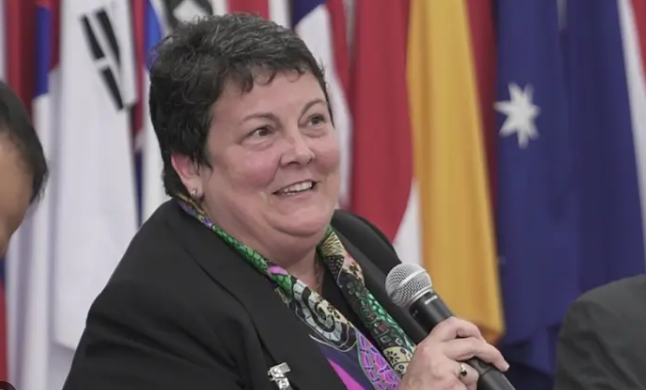The meeting between Ghanaian government representatives and the US Ambassador centered around the recently imposed 10% tariff on certain Ghanaian exports to the United States. Ambassador Virginia Palmer clarified that this tariff was a response to significant trade imbalances between the two countries, enacted under the authority of the International Emergency Economic Powers Act of 1977 (IEEPA). While the tariff was broadly applied, it notably affected products exported under the African Growth and Opportunity Act (AGOA), a preferential trade program designed to boost African economies. However, key Ghanaian exports like oil, gas, and energy-related products were exempt from the new tariff. The discussions also explored the potential for further exemptions, specifically for cocoa and garments, recognizing the importance of these sectors to the Ghanaian economy. Both parties expressed a commitment to collaborative efforts aimed at mitigating the negative impacts of the tariff, particularly the risk of job losses in Ghana.
The imposition of the 10% tariff underscores the complexities of international trade relations and the challenges faced by developing economies in navigating global markets. While the US aims to address trade imbalances through such measures, they can have unintended consequences for countries like Ghana, which rely heavily on export revenues for economic growth and development. AGOA, intended to foster trade and economic development in sub-Saharan Africa, provides duty-free access to the US market for eligible products. The application of tariffs to goods covered under AGOA, even if temporary, raises concerns about the consistency and predictability of trade preferences, potentially undermining the program’s effectiveness in promoting sustainable economic growth.
The focus on cocoa and garments during the meeting highlights the specific vulnerabilities of these sectors within the Ghanaian economy. Cocoa, a major agricultural export, plays a crucial role in generating income for farmers and contributing to national export earnings. Similarly, the garment industry provides employment opportunities and contributes to the diversification of the Ghanaian economy. The potential for job losses in these sectors due to the tariff underscores the need for targeted interventions and collaborative solutions to mitigate the negative impacts on Ghanaian livelihoods and the broader economy.
The discussions between the Ghanaian delegation and the US Ambassador represent an important step towards addressing the concerns raised by the tariff imposition. The commitment to explore exemptions for cocoa and garments demonstrates a willingness to consider the specific circumstances of the Ghanaian economy and the potential for disproportionate impacts on these sectors. The agreement to work together to mitigate challenges, including potential job losses, highlights the importance of ongoing dialogue and cooperation between the two countries in navigating trade disputes and finding mutually beneficial solutions.
The broader context of this issue involves the ongoing debate about trade imbalances, protectionist measures, and their implications for developing economies. While the US justifies the tariff based on the need to address trade imbalances, such measures can be perceived as protectionist and counterproductive to the goals of promoting free and fair trade. For developing countries like Ghana, navigating these complexities requires a strategic approach that balances the need for access to international markets with the imperative to protect domestic industries and jobs. The discussions between Ghana and the US exemplify the challenges and opportunities inherent in managing these complex trade relationships.
Moving forward, the success of mitigating the negative impacts of the tariff will depend on the concrete actions taken by both countries. Continued dialogue, transparent communication, and a willingness to explore flexible solutions will be crucial. Exploring alternative mechanisms to address trade imbalances, such as promoting greater US investment in Ghana and supporting diversification of the Ghanaian economy, could offer more sustainable and mutually beneficial outcomes. Ultimately, the goal should be to promote a more balanced and equitable trade relationship that supports economic growth and development in both countries.














